Criticism
 | |
Criticism is both the easiest and least effective form of help.
-Doe Zantamata
It's easy to look at most anything and pick out something that's "wrong." But is it helpful to do so? Criticism actually means an expert analysis of both positive and negative qualities with intention of improving. But the key there is "expert." Expert means to understand the background, all motivating factors, and courses for improvement. So not many of us are experts in other people's lives after all. The reasons they are where they are, the struggles or challenges they had to face in order to get to where they are, the emotional and mental struggles that they face that we cannot see.
There are overall two types of criticism; constructive and destructive.
Constructive seeks to encourage or enable, drawing on what is already positive and expanding that.
Destructive seeks to discourage or disable, pointing out the negative and focusing on the flaws.
Constructive is solution based, whereas destructive is not.
Though many people claim to offer constructive criticism, they don't really understand what the term means, or they would take a different approach.
Criticism also is much easier than actually helping in other ways. If it's towards a place, circumstance, or political agenda, the tendency to criticize those who are in a place of action is far greater than the tendency to become a person in a place of action and create positive change. That would take a great deal more work and effort, and would also provide the understanding of reasons why it hasn't occurred yet. Things aren't always as easy to change on the surface as they may appear to be.
Before criticizing another person, one should ask themselves if the words they are about to say are constructive. Do they encourage a person or will they just come across as insults? Is the person satisfied with the way their life is or is the person unhappy? Is the criticism even needed?
Then it's important to look at the relationship and how invested the individual is in it. Would they be willing to provide more than just advice? What is the intention behind the words? Do they really want to see the individual's life improve and would they commit to helping to have that happen?
Otherwise, it may be better to just say nothing. Some lessons need to be learned firsthand, and for the most part, people will do what they do unless or until it doesn't bring about what they believe is the best and most possible outcome for them. To criticize during that phase may even do more damage than good, as it could cause a person to become defensive and slow their learning process in seeing things the same way. This certainly applies to romantic choices. If a person wants to encourage another to seek a better boyfriend or girlfriend, they would be better served in complimenting and helping to improve the self worth of the one they are looking out for rather than pointing out the flaws in the boyfriend or girlfriend. While it may seem that they're trying to show the one they are looking out for how wrong that person is for them and how they deserve a better partner, to that person, it comes across as a criticism of their choice of partner, which is a criticism of their judgment and decision making skills. To inadvertently attack those skills will not help to strengthen them, but will only add further confusion and doubt.
The intention of most all criticism is good, but the method often needs some more thought as to how the other person will receive it and what is being encouraged to happen or not.
By Doe Zantamata
-----------------------------------------
Please link back to this blog when sharing any article or poster to your site,
Facebook page, other social media or via email. Thank you.
Please also visit Amazon for:


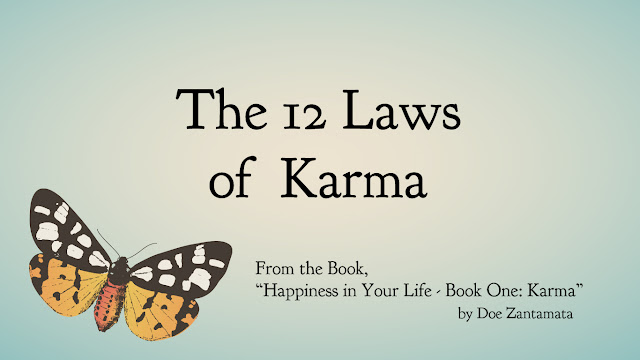
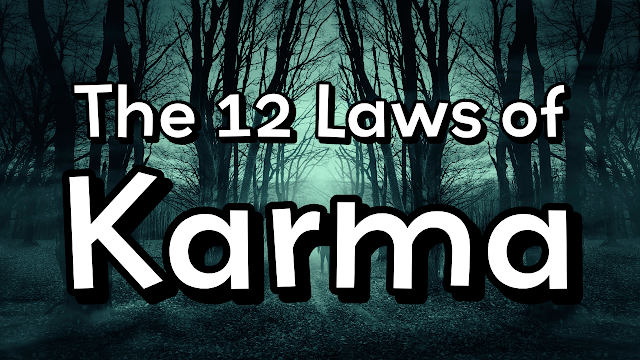





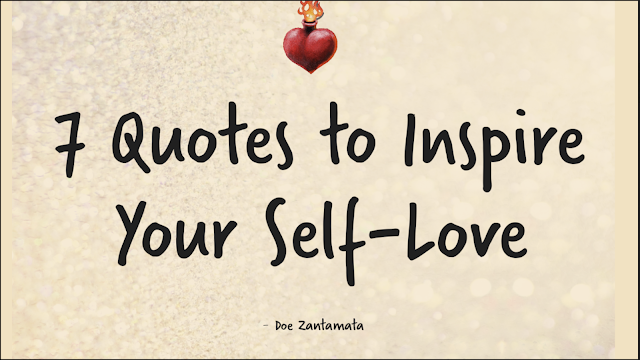
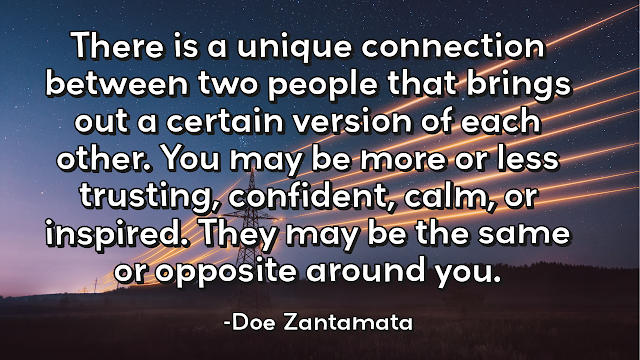
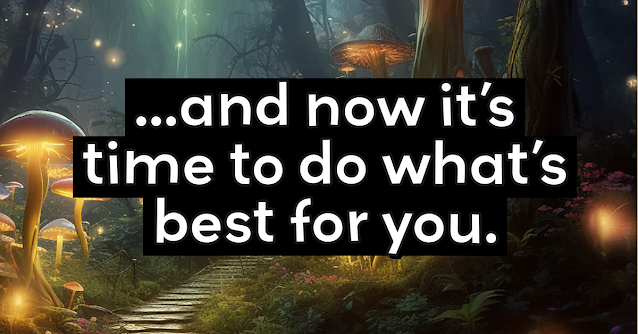
Comments
Post a Comment